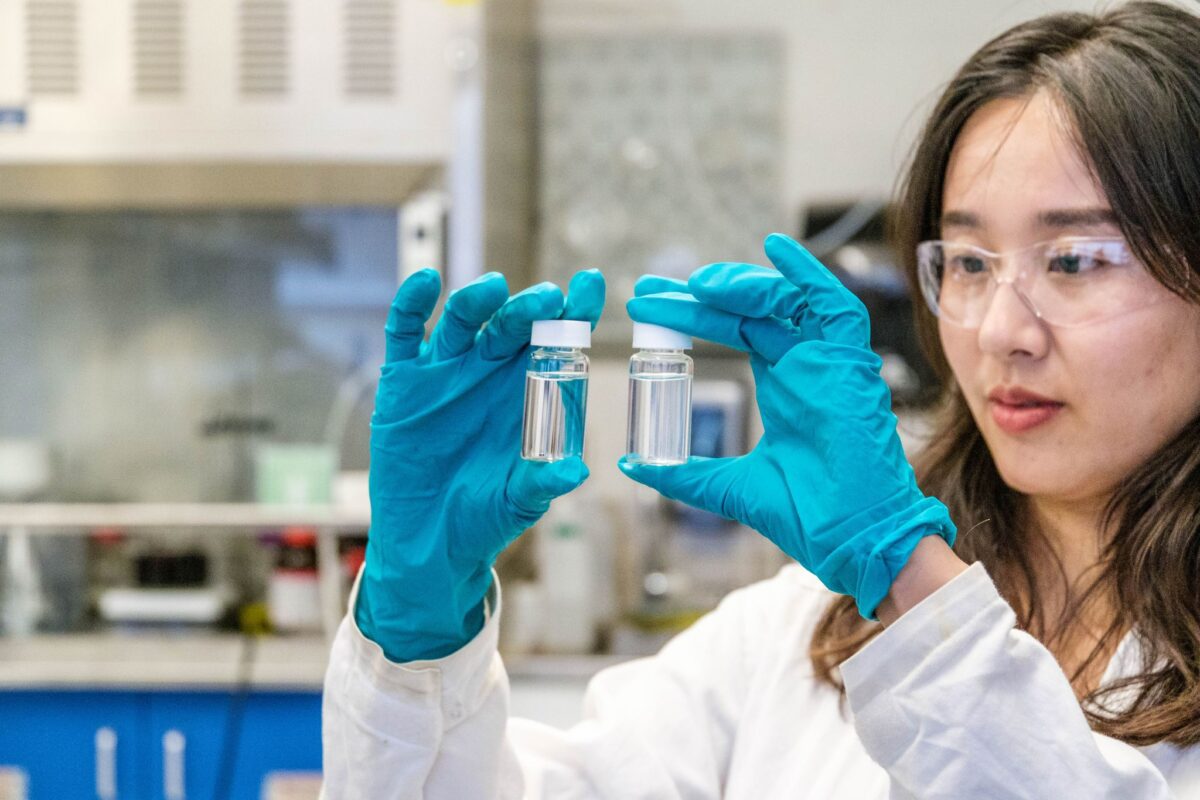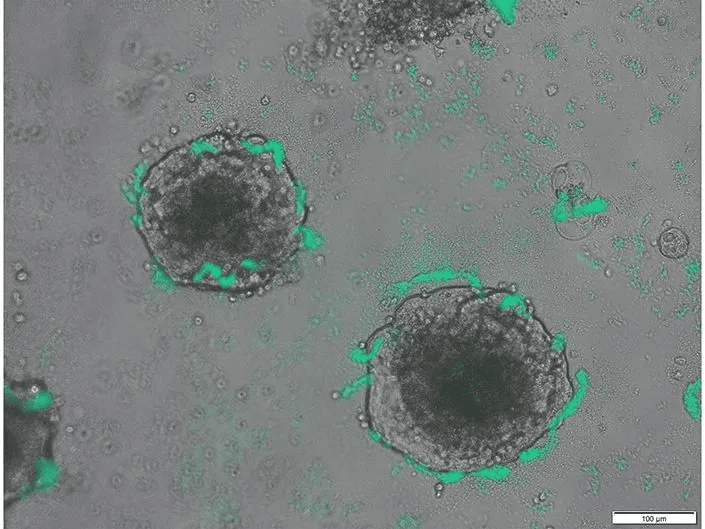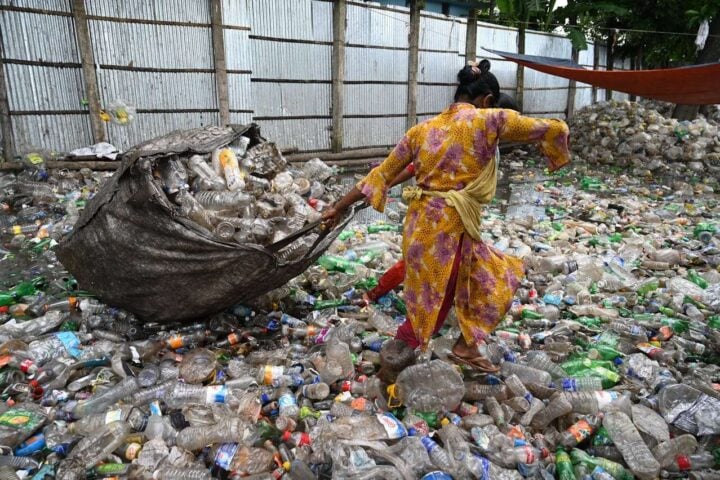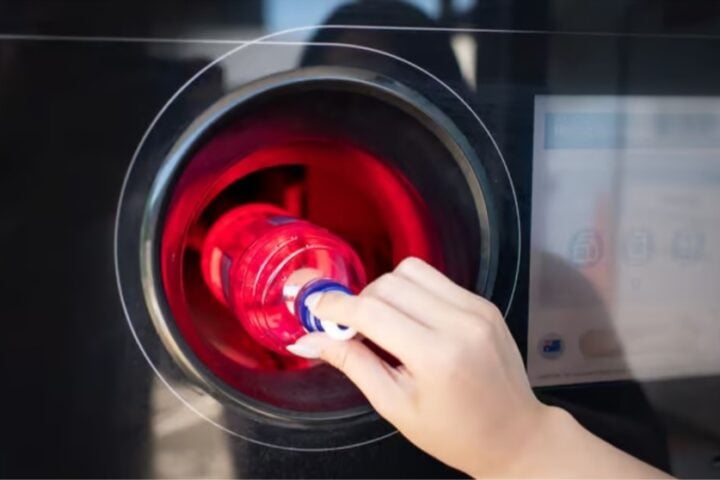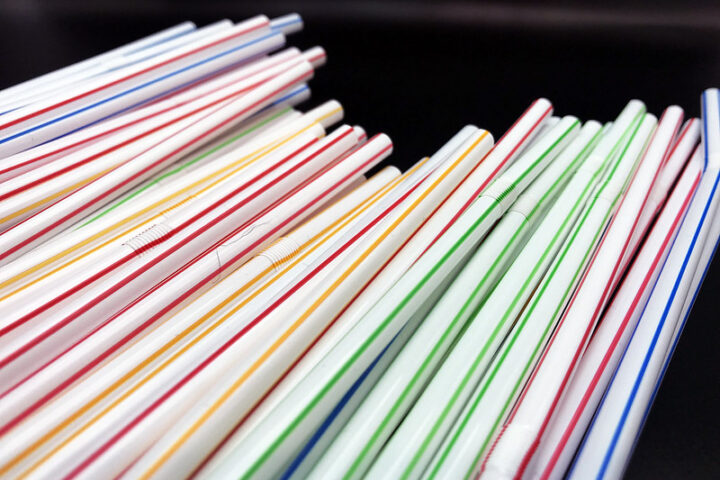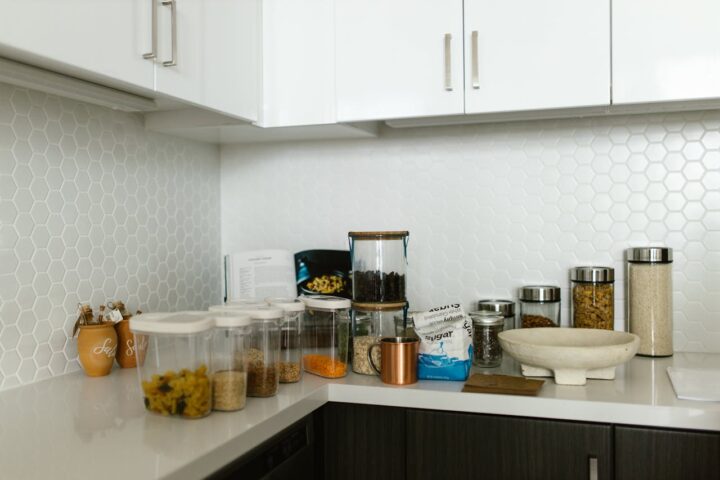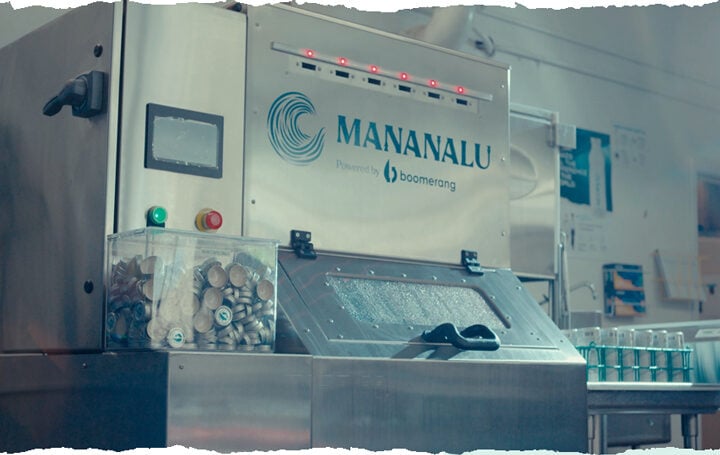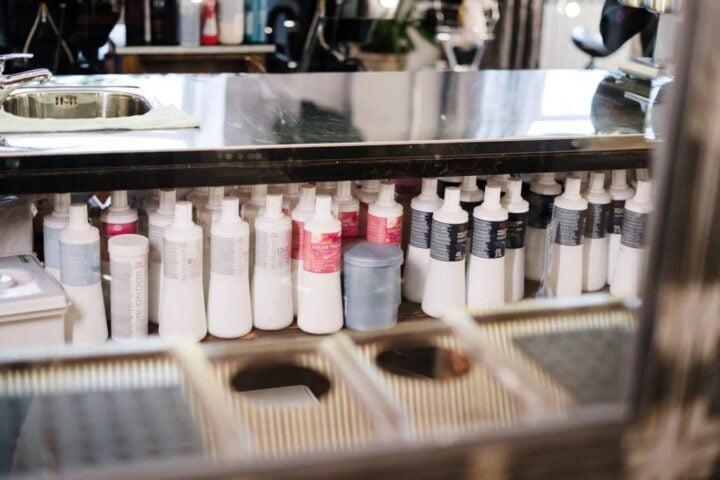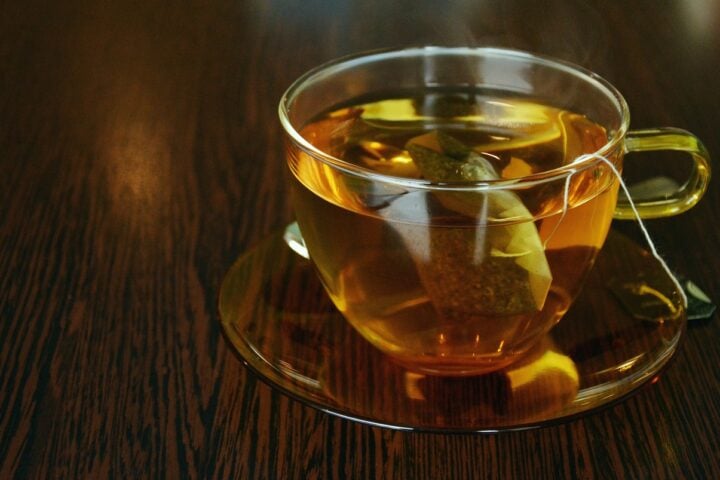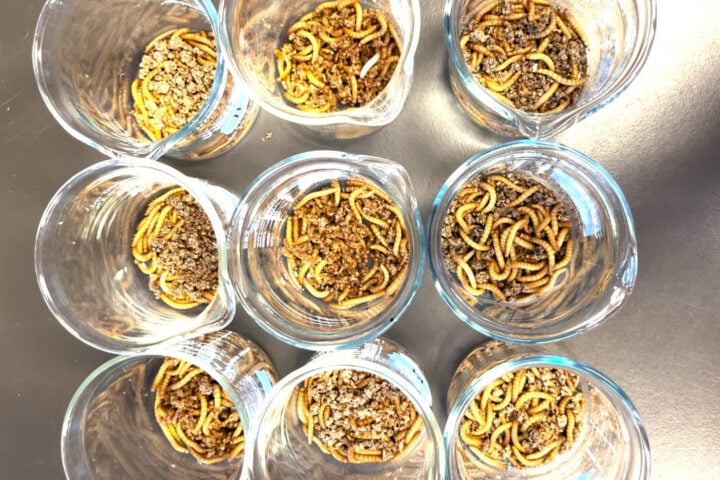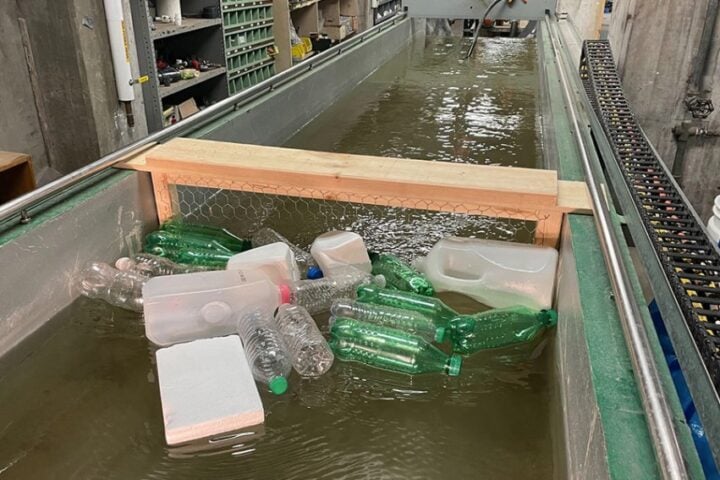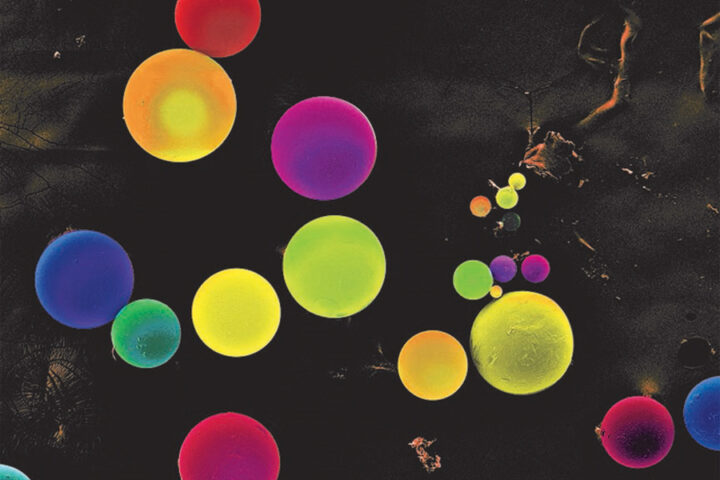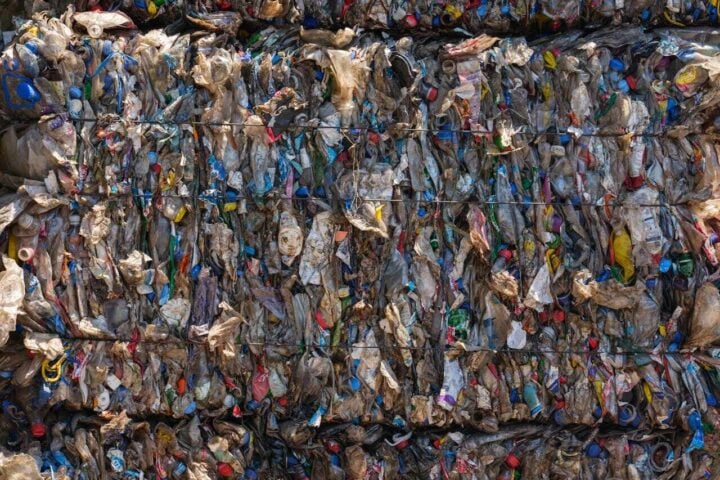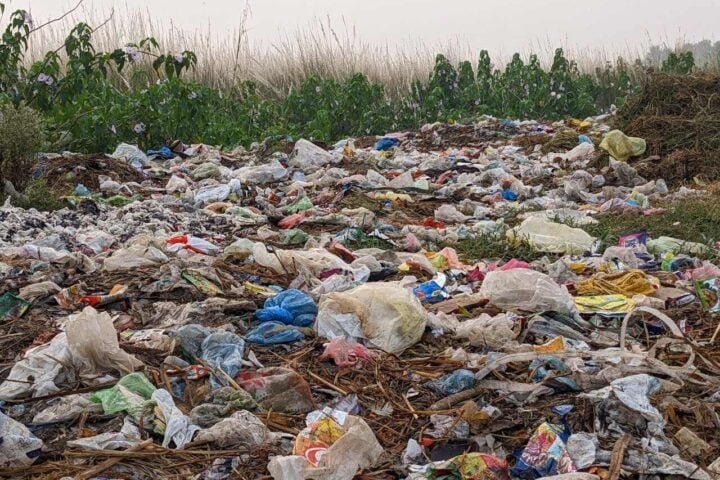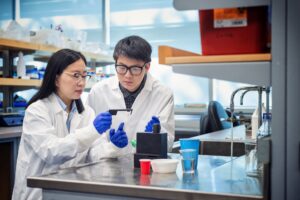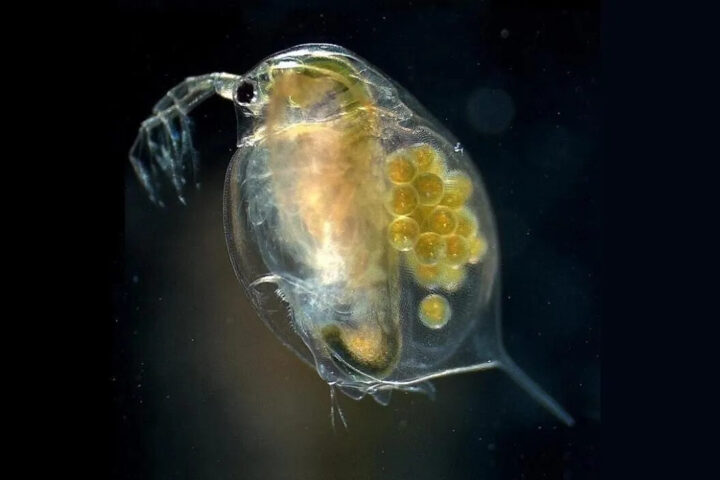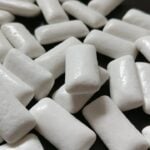Microplastic pollution, a looming environmental threat, might have met its match in the form of plants. UBC scientists have innovatively harnessed the power of wood dust and tannins to trap up to 99.9% of microplastics in water. This groundbreaking solution, termed “bioCap,” offers a sustainable approach to combat the pervasive microplastic issue.
Tannins, the natural plant compounds responsible for the astringent taste in unripe fruits, play a pivotal role in this filtration process. Collaborative efforts between UBC and China’s Sichuan University have led to this remarkable discovery.
The bioCap filter, unlike its plastic counterparts, champions environmental sustainability by using biodegradable materials. Dr. Orlando Rojas, UBC’s BioProducts Institute’s scientific director, emphasizes the urgency of addressing the microplastic menace. Disturbingly, studies indicate that almost all tap water samples contain microplastic contaminants.
By 2025, over 10 billion tons of mismanaged plastic waste could infiltrate our environment. Traditional solutions to this crisis have been either too expensive or challenging to scale. The bioCap method, however, promises scalability, from household applications to municipal water treatment systems.
During testing, the filter showcased its efficiency by capturing between 95.2% to 99.9% of plastic particles. The diverse nature of microplastics, ranging from microfibers in clothing to microbeads in cosmetics, poses a significant challenge in filtration. Yet, the bioCap’s unique molecular interactions with tannic acids ensure the removal of various microplastic types.
The research team’s dedication to is evident in their choice of materials: renewable tannic acids and wood sawdust. Futurism highlights the bioCap’s potential as a “seriously good solution” to the escalating microplastics problem.
Similar Posts
The organic nature of this device ensures that it doesn’t contribute to further environmental degradation. The alarming presence of microplastics in our bodies, food, water, and even the air underscores the urgency of this issue. In a compelling experiment, mice given water purified with bioCap showed no accumulation of microplastics in their organs.
Dr. Rojas reiterates the challenge of capturing diverse microplastics but lauds bioCap’s comprehensive removal capabilities. Marina Mehling, a UBC PhD student, warns of the escalating microplastic threat, predicting a more intimate encounter with the problem in the next decade.
The bioCap’s design ensures easy scalability without the need for expensive equipment. For everyday users, the filter could purify liquids stored in plastic containers, similar to a Brita filter’s function. Mehling envisions a future less dependent on plastics, with innovations like bioCap leading the way.
The team’s current focus is on scaling up bioCap for broader applications and seeking industry partnerships. The AZoCleantech article reiterates the potential of plants in addressing the microplastic challenge. UBC’s postdoctoral researcher, Dr. Tianyu Guo, played a crucial role in developing this wood dust-based filter.
The vast majority of microplastic materials were eliminated even at bioCap’s least efficient state. The multifaceted nature of microplastics, from clothing fibers to packaging pellets, underscores the filter’s comprehensive efficiency. Collaborative efforts with Dr. Junling Guo from Sichuan University have been instrumental in this discovery.
The bioCap method, still in its lab-testing phase, promises easy scalability once the right industry partner is found. As the world grapples with the microplastic crisis, innovations like bioCap offer a beacon of hope for a cleaner, sustainable future.
